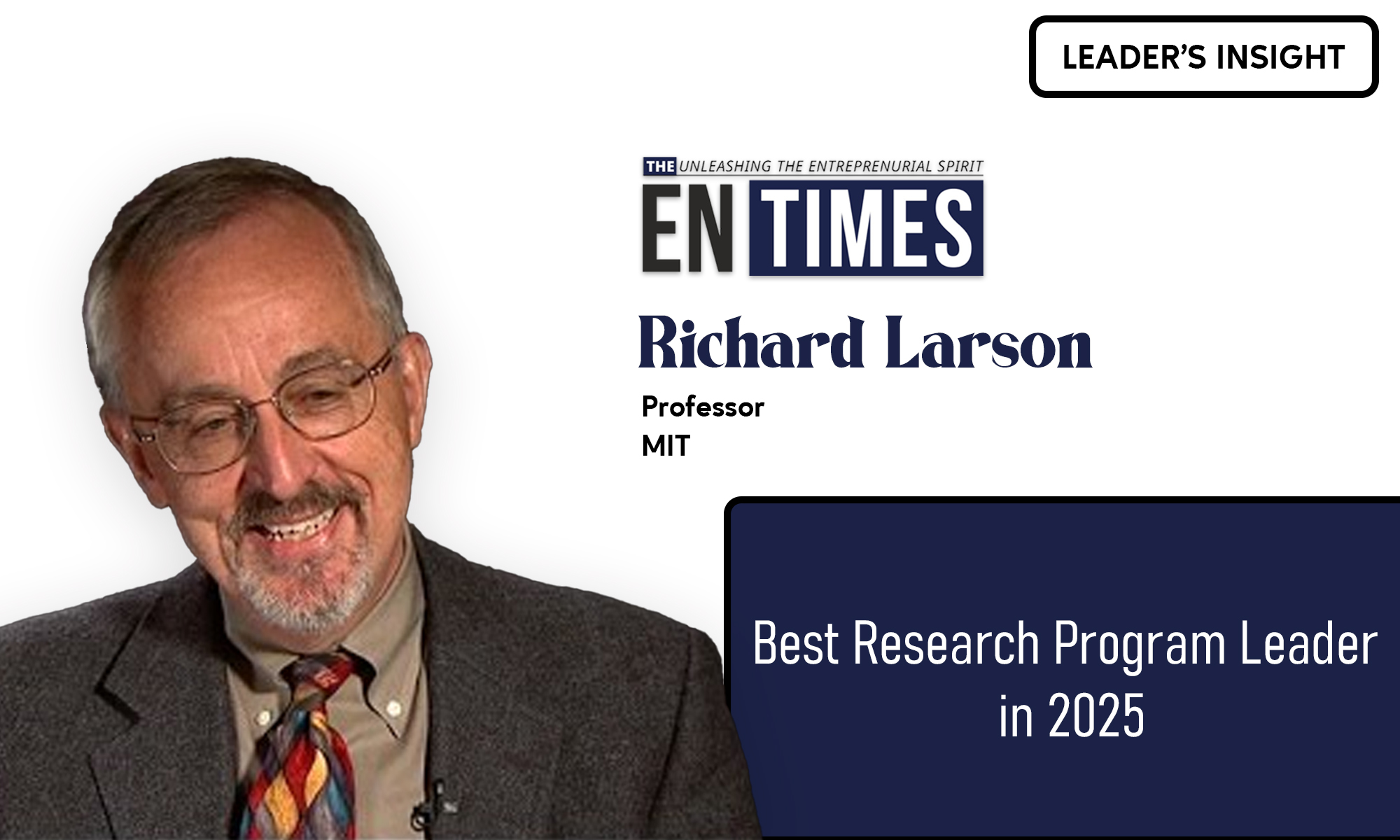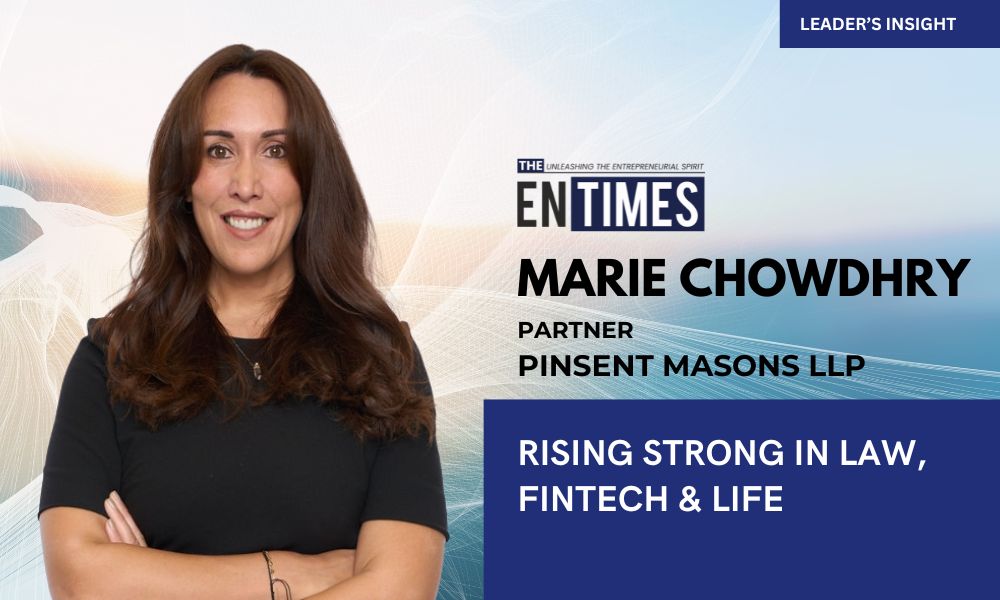In the realm of research leadership, few names resonate with such enduring influence as Prof. Richard C. Larson the Mitsui Professor at the Massachusetts Institute of Technology’s Institute for Data, Systems, and Society (IDSS). Over five decades of groundbreaking work have established Larson not just as an operations research pioneer, but as one of the world’s most effective and visionary research program leaders.
From modeling 911 emergency systems to spearheading global education initiatives, Larson’s hallmark has been clear: research must not live only in theory—it must serve society.
Redefining the Role of a Research Leader
Unlike conventional academics who specialize narrowly, Larson’s career has spanned an extraordinary range of domains: public safety, pandemics, STEM education, urban planning, AI ethics, and logistics. What sets him apart is his ability to build and lead programs that bridge science and public service, consistently producing results that are measurable, scalable, and socially impactful.
As Co-Director of MIT’s Operations Research Center for over 15 years, and later as Director of the Center for Advanced Educational Services (CAES), he didn’t just manage programs—he architected platforms that allowed interdisciplinary research to thrive.
Founding MIT LINC and the BLOSSOMS Initiative
Among his most celebrated ventures is MIT LINC (Learning International Networks Consortium), an international platform that unites educators, technologists, and policymakers from over 40 countries. Through LINC, Larson cultivated a space where high-level research could be translated into global learning reform, hosting eight international symposia to date.
In parallel, he launched MIT BLOSSOMS, a blended learning initiative that delivers high-quality STEM lessons across economically and culturally diverse classrooms. Under his leadership, BLOSSOMS has impacted thousands of students worldwide and empowered educators to rethink teaching methodologies.
His programs are characterized not just by scale but by inclusion and accessibility. “No student,” he insists, “should be denied quality education because of where they were born.”
From Boardrooms to Classrooms: Universal Application of Research
Larson has advised a diverse array of institutions from the U.S. Department of Justice, the World Bank, and the United Nations to Citibank, American Airlines, and the City of New York. His ability to adapt complex operations research models into actionable strategies has earned him over 175 peer-reviewed publications, six books, and numerous citations across disciplines.
He is the creator of breakthrough methodologies like the Queue Inference Engine and the Hypercube Queueing Model, and has authored award-winning research on pandemic response, workforce planning, and education reform.
Whether collaborating with policymakers or mentoring Ph.D. students, Larson’s guiding principle remains the same: research should simplify the complex and solve real problems.
Navigating the Digital Shift in Education
Under his stewardship, MIT became a global leader in technology-enabled education. As Director of CAES, he expanded the center from two to seven business units and led the development of the Singapore-MIT Alliance, the most ambitious point-to-point distance learning program of its time.
His efforts were not only about pushing digital boundaries but also about ensuring digital equity. “Global learning,” he says, “can be just as immersive as traditional education, provided we keep human teachers in the loop.”
Recognitions Fit for a Global Influencer
- Prof. Larson’s contributions have earned him global accolades:
- Member, National Academy of Engineering
- Recipient of INFORMS President’s Award and the Kimball Medal
- First-ever Lifetime Achievement Daniel Berg Medal, India, 2017
- Lanchester Prize for his book Urban Police Patrol Analysis
- Honored lecturer and board advisor across continents
He has also served as President of the Operations Research Society of America (ORSA) and INFORMS, and continues to be a mentor for future research leaders.
A Vision for Future Research Leadership
In an era where data, AI, and complexity converge, Larson’s voice remains grounded yet progressive. He advocates for ethical frameworks in AI, resilience strategies for both private and public sectors, and broader inclusion of operations research in school curricula to tackle global issues like climate change, healthcare inequality, and educational access.
His retirement is more of a technicality than a reality he continues to write, consult, and lead. His optimism for the future remains firm: “Operations Research,” he says, “is the invisible engine behind smarter, fairer systems. And we need more engines.”
The Larson Blueprint for Program Leadership
- What can aspiring research leaders learn from Richard C. Larson?
- Interdisciplinary Vision: Build bridges between science, service, and society.
- Scalability with Empathy: Think globally, but tailor solutions locally.
- Mentorship Matters: Create platforms that grow people, not just papers.
- Keep It Real: Ensure research never loses sight of real-world impact.
In every metric scholarly, social, and systemic, Prof. Richard C. Larson has redefined what it means to be a Best Research Program Leader. At MIT and beyond, his leadership has proven that when brilliant minds think in systems, they don’t just study the world—they change it.
NEXT: Richard C. Larson: Democratizing Education Through Technology and Systems Thinking



